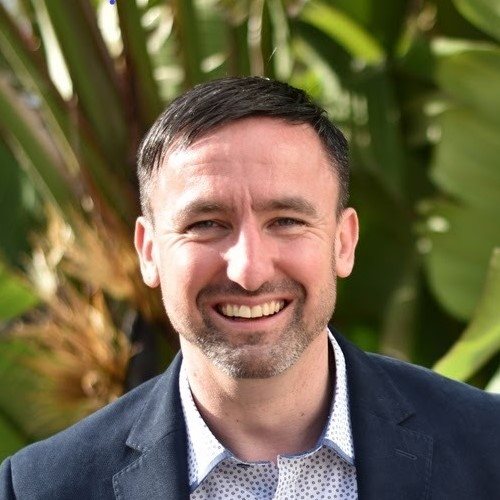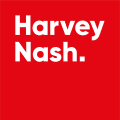Killing the dead horse: how to prioritise focus as you grow
Killing the dead horse: how to prioritise focus as you grow
David Burke, Director
How do you decide where to invest and where to trim as your business grows? It’s common to scale back or close certain business activities in favour of others to optimise growth, but how do you choose which to prioritise? And how do you manage the process? Read our second article in this series on scale.
We spoke to James Grimes, product management lead at Trūata, a start-up specialising in data anonymisation and analytics. Having run product development, delivery and management functions in a diverse range of organisations, including Paddy Power, James has a unique insight into how different companies approach this.
Where to begin? James starts at the end.

Know what you want to achieve
“Consider the long term and balance the broader product strategy with what you need to achieve today”, advises James.
“Right now, a priority for Trūata is scaling so that we can continue to optimise our customer on-boarding as effectively as possible. That can be a heavy piece of lifting as an organisation and it drives specific decisions”, say James.
Trūata could have decided to invest in building out as much tech as possible, as quickly as possible.
“But we need to find the right balance”, he explains. “We have a go-to market product, so investing in people from day one to support our client on-boarding and really managing our customers through the process is very important for a company at our stage. It’s more operational than we might like initially, but it will also allow us to develop products from a more informed position.”
“These are the kind of decisions you’re faced with as you scale. It’s about priorities. What’s the impact of not doing this? Which poses the greatest risk?”
Build a culture of compromise
With certain initiatives being prioritised over others, it’s essential to have everyone on board.
“Our senior team has huge start-up and growth experience which means they recognise collaboration and trade-offs are important. We’re looking for that same understanding in everyone we’re hiring”.
“We couldn’t afford to be in a position where that wasn’t the case,” explains James. “We’ve not taken the easy approach to resourcing as we believe it is really important to ensure people are going to be a cultural fit.”

Kill the dead horse
If how people adapt to changing priorities is important, so too are people who are willing to fail. James observed this at Paddy Power, which merged with Betfair in 2016. Amid significant growth the company was always willing to take calculated risks in where and what it prioritised.
“Paddy Power wasn’t afraid to try out initiatives that might fail. We ensured horses weren’t flogged long after they were dead though. The team moved on and wasn’t afraid to move on.”
When you’re consistently making decisions about where to invest and how to drive a strategy for growth, very few businesses get it right all the time. James observes, “businesses that are culturally open to the need to accept certain investments will fail, who move on and quickly kill something that doesn’t appear to be working are more capable of significant growth.”
“Paddy Power had the intelligence and experience to spot warning signs and move on. This was across the board - all departments. It’s an extremely innovative company that tries new things. And if they go wrong, they don’t beat themselves up about it.”
“It gets harder to unwind from the wrong decision the longer you leave it. People become emotionally attached, lose perspective and fear the personal implications. But taking the hit quickly avoids longer term damage on the bottom line.”
Eliminate distractions
“This is something we’ve tried to imbed here as a growing start-up,” says James, “because we can’t afford distraction.”
At Trūata, accountability for focusing on the right thing starts from the top down. “Even for a start-up, it’s important to do this at an early stage. We have well-defined corporate and individual goals. And we constantly bring ourselves back to these so we can achieve our very clear strategy.”
“We’ve made sure that if anything is in danger of distracting us, people are empowered with the ability and responsibility to call it out.”
How to Focus as You Grow
When growth is the goal, trade-offs are a natural part of the path. James’ experience proves that people and approaches are key managing and prioritising focus.
● Know what you need to achieve and prioritise accordingly
● Build a team that understands the growth environment
● Don’t fear failure and move on quickly when it happens
● Enable people to remain focused on the priority in hand
On April 10th, Harvey Nash Ireland will be hosting a panel at the Dublin Tech Summit. Join us for “Scale or Fail? How to navigate your way through change”. Register your interest here





